Faculty Fellows
Beam Institute Faculty Fellows
Faculty Fellows are individuals whose research interest and work overlaps with the mission of the James B. Beam Institute for KY Spirits. The fellows meet multiple times per year to exchange research findings and plan further collaboration. To apply to become a faculty fellow at the Beam institute, you can complete the following form.
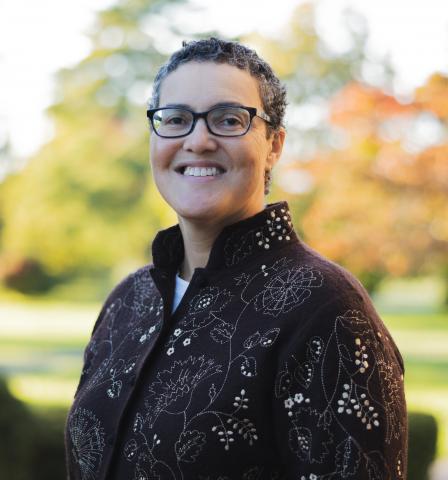
Associate Professor of History and Director, Commonwealth Institute for Black Studies and African American and Africana Studies
I am a scholar of African-American history and have a deep interest in Kentucky's distilling and equine industry histories. Both industries were shaped profoundly by the work of Black Kentuckians. As our commonwealth and nation come to grips with the powerful, diverse forces in our histories, I look forward to exploring our shared past with distilled spirits producers and fans alike.

Zantker Professor and Director of Jewish Studies; Professor of Writing, Rhetoric, and Digital Studies
Excited by the new possibilities of graphic narrative and what I have learned about Jewish involvement in Kentucky's iconic bourbon industry through my work on the Jewish Kentucky Oral History Project, I am working on a co-authored graphic novel and transmedia project, America’s Chosen Spirit (ACS), that continues my work in digital public humanities, builds upon oral history and archival materials, and develops public-facing content aimed at the Kentucky bourbon and tourism industries. Co-created with New York Times-bestselling author JT Waldman, ACS will be published as a serial, web-based, graphic narrative. America's Chosen Spirit showcases how women, Jews, African Americans, LBGTQs, immigrants, and “other others” have contributed to the Kentucky bourbon industry and its rich heritage. The historical fiction graphic narrative offers readers an alternate history of the bourbon industry’s “old boys club” through the eyes of women. Depicting how women broke free from socially circumscribed roles, the female protagonist highlights Kentucky's deep Jewish roots and provides a positive role model for women in science and business. The project is based on and designed to generate greater interest in primary, archival materials and oral histories, and in so doing help to rectify bourbon's and Kentucky's image. As part of the Certificate in Distillation, Beer, and Winemaking, I also teach WRD 225: Writing Bourbon/Rectifying the Record and WRD 569:Bourbon Oral History.
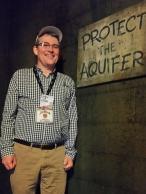
Professor, Earth and Environmental Sciences
As a hydrogeologist, my research includes studies of groundwater recharge and water quality in karst (limestone) terrains like those of central Kentucky. Starting in 2008, I became interested in the role of "limestone water" in the development of bourbon. I have published, organized a field trip, and given multiple seminars on this topic. I have also been interviewed by Louisville Public Media and by Amy Stewart for her book "The Drunken Botanist."
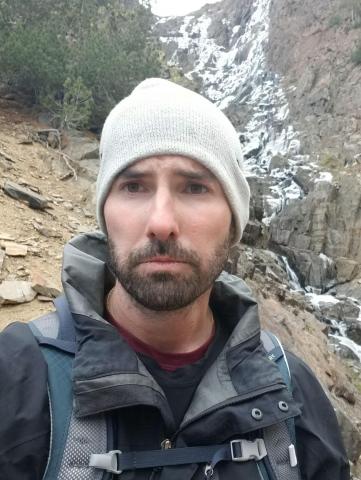
Pioneer Natural Resources Endowed Professor, Earth and Environmental Sciences
I am deeply interested in how earth and environmental science intersects with spirit making. To this end, I am developing an introductory science course entitled "On the Rocks - the Geology of Beer, Wine, and Spirit Alcohol" that I hope to offer beginning in AY 2021-2022 to UK undergraduates. A tentative course description is below. "On the Rocks" will examine how regional geological and environmental factors (bedrock composition, topography, hydrology, soils, climate) influence the production of alcohol, wine, and beer. The course addresses intersectional questions, such as: How does limestone influence bourbon making? How does peat form and get used the production of scotch? Why are the major winemaking regions (California, France, Argentina) located where they are? How are minerals are used to make an IPA taste more “hoppy”? Special emphasis will be given to developing a sense of place in Kentucky and the influence of the the bluegrass environment on the bourbon industry, local vineyards, and craft beermaking.

Arnold Stromberg - in Memoriam
Professor, Statistics
Dr. Arnold (Arny) Stromberg, passed away on Sept. 17, 2023 at age 63. Arny was responsible for many of the early research projects that established the Beam Institute's Research program. Dr. Stromberg was a thought leader in statistical bioinformatics, computational statistics and nonlinear models. He served the UK community by guiding research projects and training young statisticians. In his time with the Beam Institute, he helped several distillers make clear decisions through the interpretation of complex manufacturing data sets. He was passionate about his work, where he always brought a big smile and excitement to project meetings.
Arnold Stromberg was born in Minneapolis and raised in West Lafayette, Indiana, where his father was a professor at Purdue. He earned a B.S. in mathematics at Stanford University in 1983 and a doctorate in statistics at the University of North Carolina at Chapel Hill in 1989. He joined the UK faculty in 1991. Dr. Stromberg is survived by his wife, Gretchen, and their four children. He supported the Beam Institute’s research on a number of projects and he will be missed, not only for his expertise, but for his kindness and humanity.
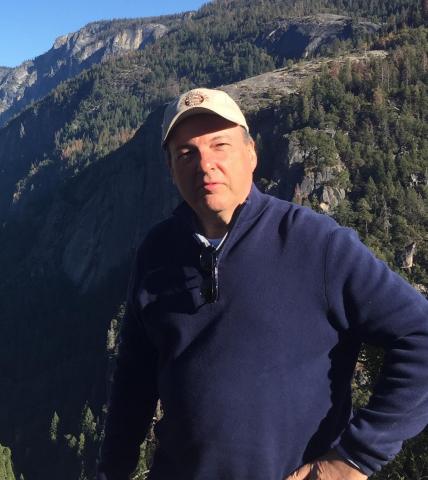
Professor and Chair, Earth and Environmental Sciences
As chair i encouraged Prof. McGlue to consider developing and offering the class "On The Rocks-Geology of Beer, Wine, and Spirit Alcohol," and have an interest in teaching a second section of the class once it has matured. I am also actively encouraging our groundwater and geochemistry faculty, Alan Fryar and Andrea Erhardt respectively, to consider developing courses for the Beam Institute program focused on the water resources associated with distillation, particularly the historically significant Town Branch (fork of the Elkhorn River). There are many other ways the Department of Earth and Environmental Sciences can support the Institute, and I am interested looking for mutually beneficial objectives and outcomes.

Geologist V, Kentucky Geological Survey
distilled spirits needs plenty of water with good quality. I am a hydrogeologist and my research interests include understanding how water moves near surface and in the subsurface, how water chemistry changes in response to various physical and chemical processes, and how water quality is affected by natural and anthropogenic factors. My expertise can help secure and protect water sources for distilleries.
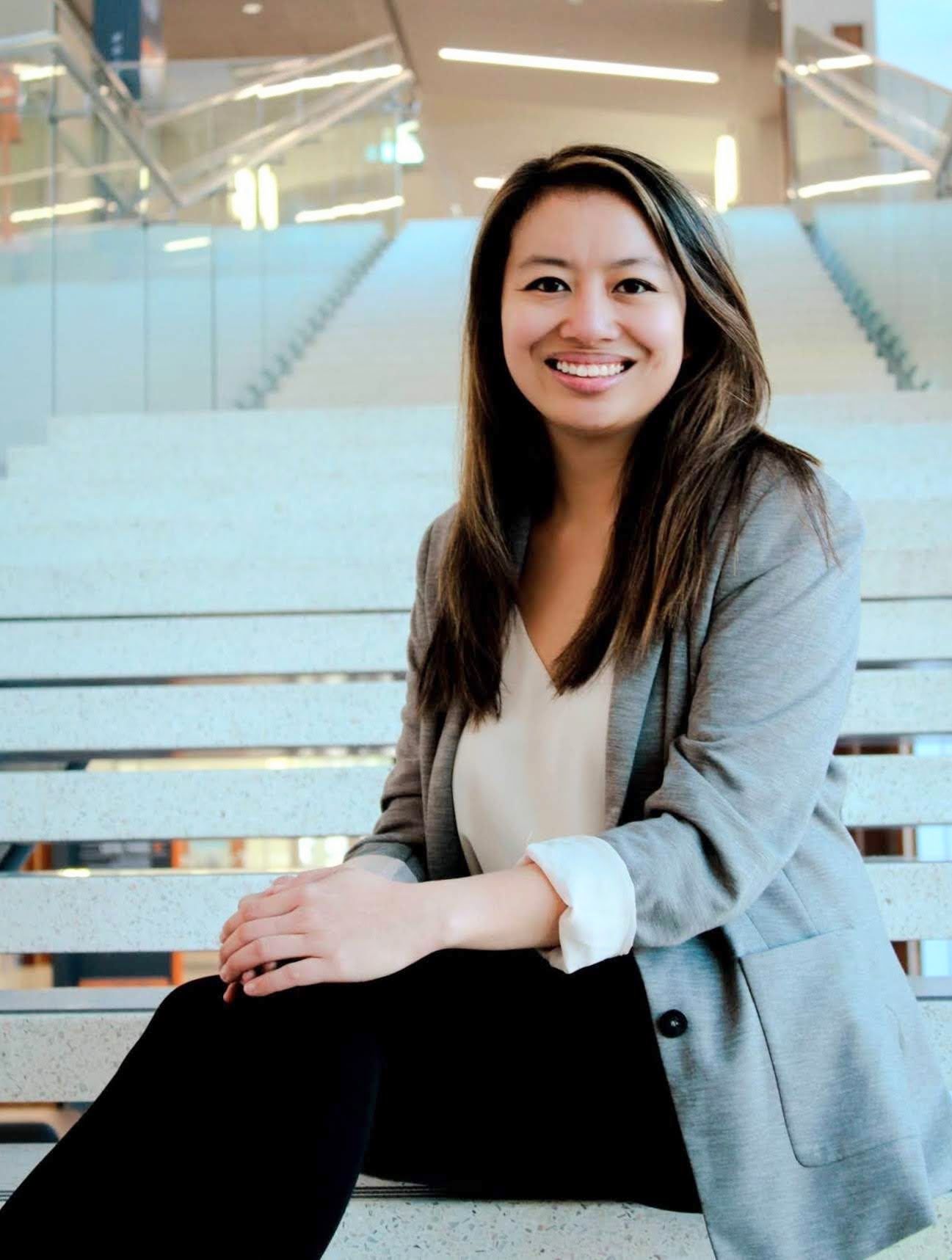
Assistant Professor of Information Science
I research how people create and attribute bias toward social robots in various contexts. As there is a rise in smart technology, AI, and even robots in distilleries and within the distillation process, I want to investigate how the integration of this technology affects the perception of the craft of distilling. Across the world, the integration of robots and AI in the whiskey industry is expanding; from AI tools being used in the distillation process to ensure quality, robots used in distilleries to move barrels, and even robots as bartenders making whiskey cocktails and recommending specific bottles of whiskey for shoppers. From these advancements, it is clear that the future of the industry is with smart technology and I aim to investigate how this time-honored craft affects consumers and how these tools can improve the future of the industry.
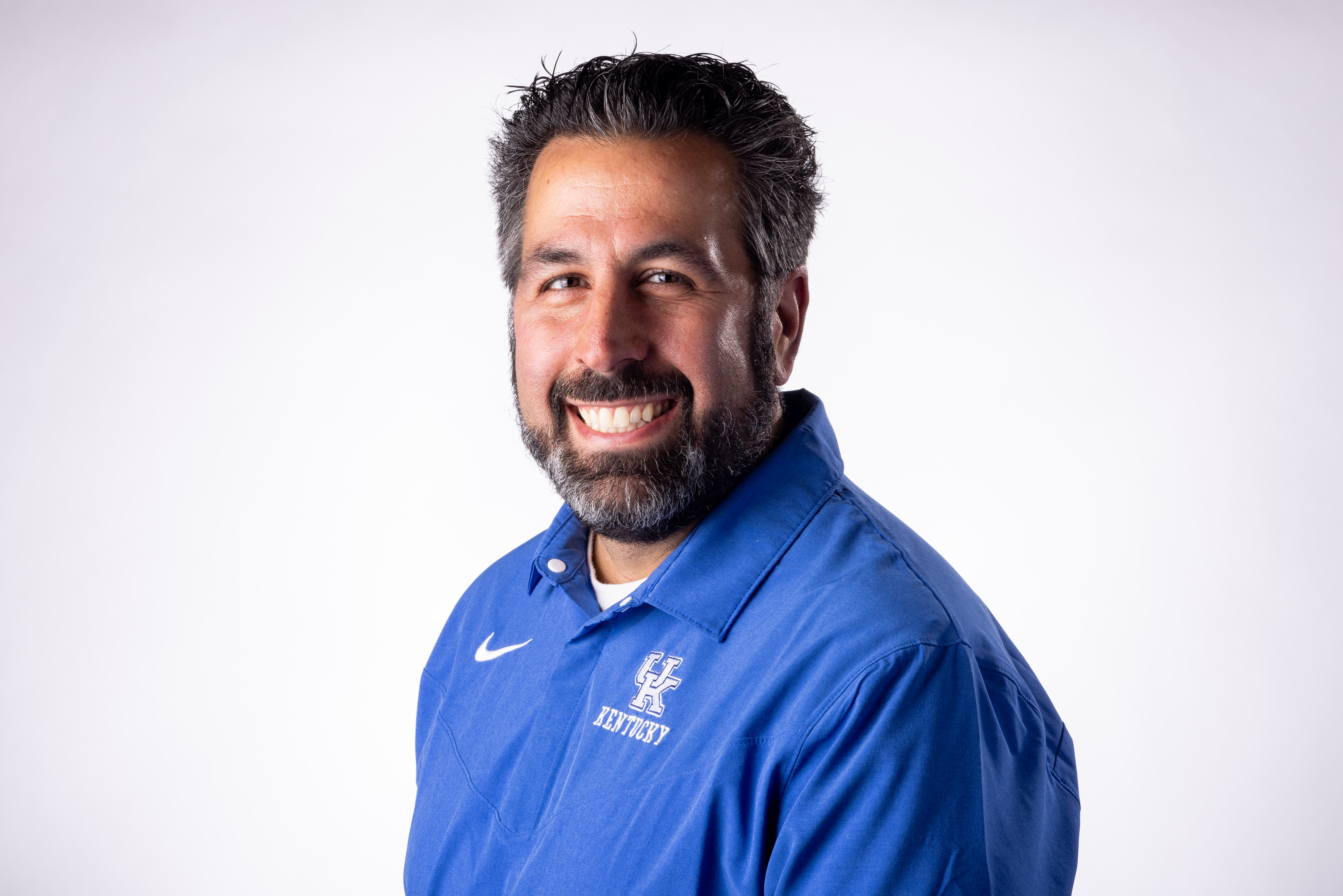
Associate Professor and Chair of Department of Communication
My research broadly focuses on media psychology and reception processes, with specific interests in the areas of communication technology, video games, instruction and health. Specifically, I study how contextual features and technological variations in media messages impact various cognitive, affective and behavioral outcomes. Even though my research hasn't yet focused on bourbon, I am very interested in the influence of bourbon related media. During the pandemic, I co-founded and currently co-host a bourbon podcast called "The Mash Up."

Assistant Professor, School of Information Science
Dr. Brian Real is an assistant professor who conducts research into the history of libraries and archives and prepares students to enter these professions. He plans to use his connection to the James B. Beam Institute to build connections between UK and cultural heritage workers at Kentucky distilleries and breweries. He also hopes to advise newer craft beverage companies on how to document their operations in ways that meet archival standards, thereby creating a strong historical record and enabling future research. Dr. Real is an active homebrewer who makes pretty good mead and inconsistent beer.

Assistant Professor, Department of Product Design, College of Design
Product Design is an exciting field that can be applied to multiple areas of research and development connected to distilled spirits. My areas of interest are: Material Development - The development of paper and bioplastic materials that incorporate waste from the distilling process. Product/Packaging Development - The application possibilities of newly developed materials focusing on packaging and other peripheral products related to the spirit industry. Visitor Experience/Wayfinding - Improving the visitor experience through the design of wayfinding and exhibits.
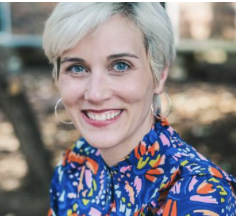
Assistant Professor, Educational Policy Studies & Evaluation and Associate Director of the College of Education Evaluation Center; Continuing Education Director of the Central Appalachian Regional Education and Research Center
As Continuing Education Director for the Central Appalachian Regional ERC, I collaborate with Suntory Global Spirits and the Beam Institute to deliver health and safety trainings to distillery safety personnel. In 2022, I worked with Tate Preston, Senior Health & Safety Manager, and Steve Tucker Global Director of Security, Health & Safety to develop distillery safety professional standards. We hope to validate those standards with industry input in 2025 for the purpose of providing insight into best safety practices and the professional development needs of distillery safety professionals.

Associate Professor, Athletic Training and Clinical Nutrition
I am a nutrition scientist and Registered Dietitian/Nutritionist. My background and research interests include clinical and sports nutrition, and nutrition interventions to maximize exercise training outcomes. Although I do not have an spirits-related research agenda, I am an avid home brewer with considerable interest in the science and art of bourbon. My background in nutrition, human interventions, and interest in fermentation and distilling offer a unique set of skills and passion for research collaboration.

Chellgren Endowed Professor & Acting Chair
Department of Neuroscience
My research interests are broadly in using genetic and protein engineering approaches towards synthetic biology applications in medicine, neuroscience, and biotechnology. I am also interested in the creative thought processes of discovery and innovation. Being the frontier spirit, the 'bourbon story' captures and blends the ingenuity, grit, and continuous adoption of modern biotechnology throughout history to its current position today.
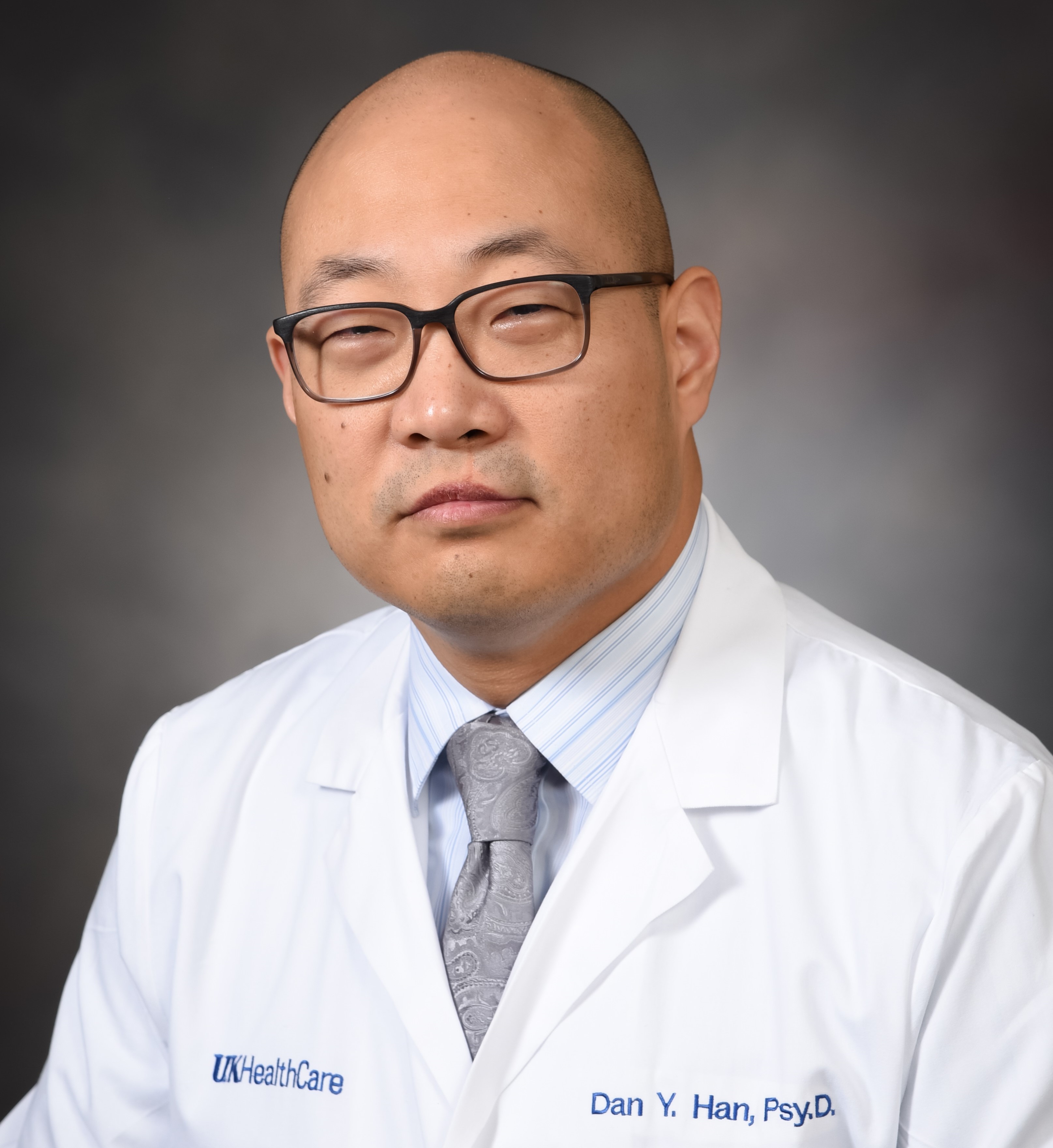
Dan Han
Professor, Department of Neurology, Neurosurgery, and Physical Medicine & Rehabilitation
Dr. Dan Han is the Chief of Neuropsychology Division at UK HealthCare, and Professor of Neurology, Neurosurgery, and Physical Medicine & Rehabilitation at the University of Kentucky College of Medicine. He is a Fellow of the American Neurological Association, the Royal Society for Public Health, and the Royal Society of Medicine. He is the former president of the International Society of Neurogastronomy (ISN), and of the Lexington Board of Brain Injury Alliance. Dr. Han consults as a science reviewer for the Department of Defense, the National Institutes of Health, Psychological Assessment Resources, Sensonics International, and Elsevier. He also served on the editorial boards for the Psychiatric Clinics of North America by Elsevier and Science PostPrint of Tokyo. He currently serves as a review editor for the journal Frontiers in Human Neuroscience.
Dr. Han is a Blavatnik Nominee in Life Sciences by The New York Academy of Sciences, and the recipient of the “Honor the Fallen Soldier Patriot” Coin Medallion by the AUSA, three Academy of Medical Educator’s Excellence in Medical Education Awards, Jack Runyon Service Award and the 2019 Psychologist of the Year Award by the Kentucky Psychological Association, and the ISN Founder’s Award. His work in neuroscience of smell and taste perception has been featured in Newsweek, National Geographic, BBC, NBC, The Atlantic, The Wall Street Journal, NPR, CNN, among others, with global coverage spanning 17 countries in 12 languages.
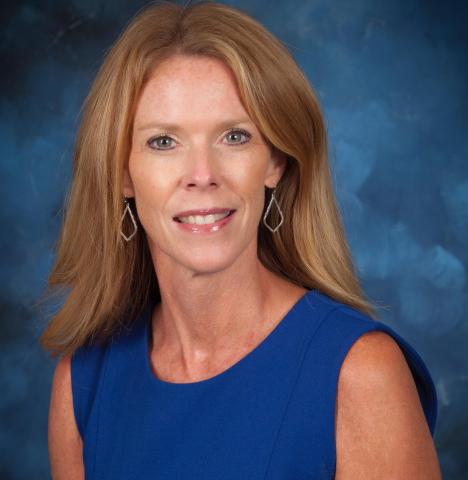
Professor, Department of Behavioral Science
My research in the last two decades has focused on increasing access to evidence-based alcohol and drug interventions for vulnerable population (particularly individuals in criminal justice settings). While alcohol use is legal, it can lead to criminal justice consequences when abused or used in risky or irresponsible ways. My interest in serving as a faculty fellow in the Beam Institute is to better understand efforts to promote responsible drinking and linkages to resources for individuals who engage in problem use.
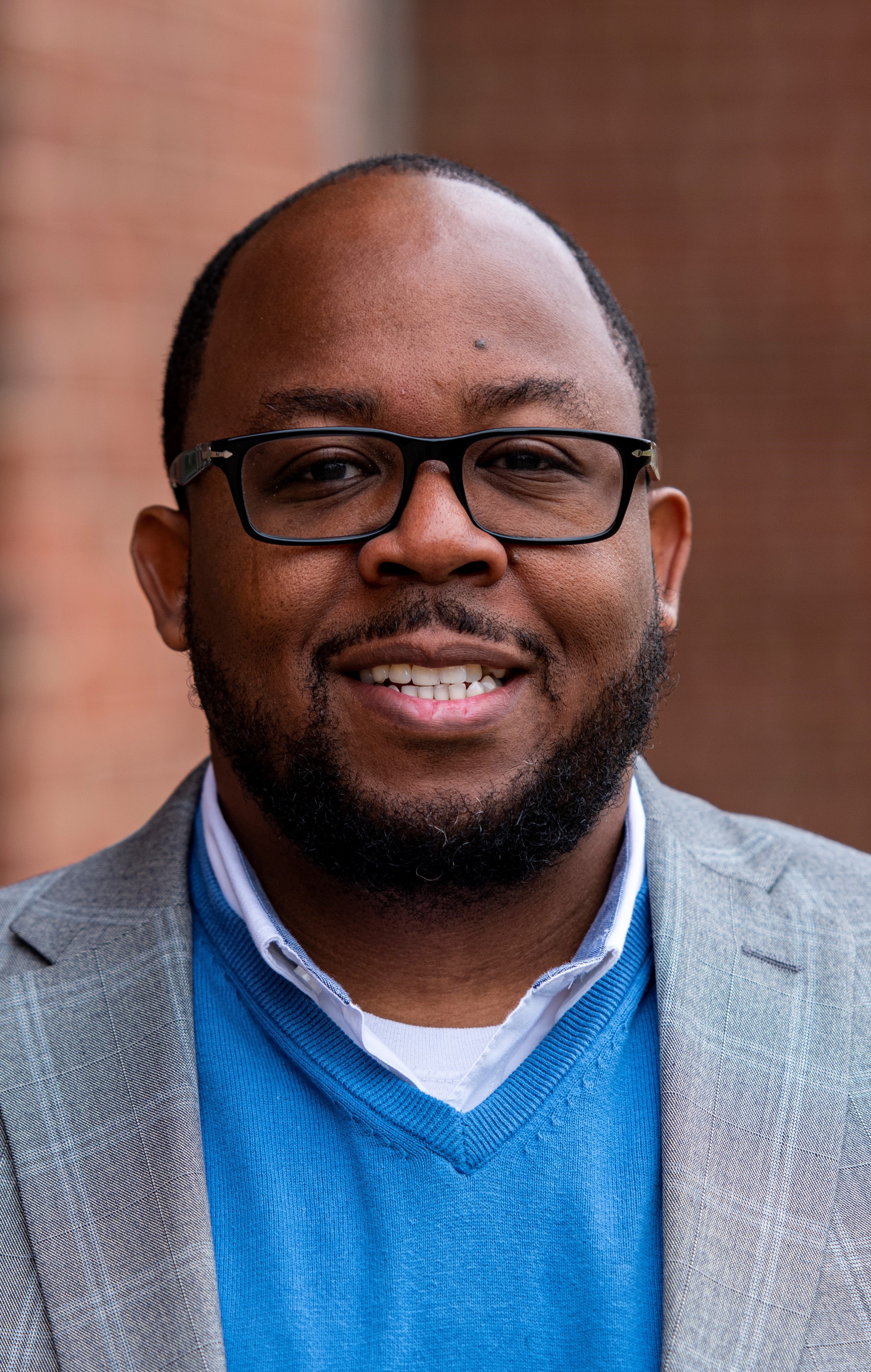
Assistant Professor
Health Management and Policy
I am a health economist interested in the role of public policy on access to health care and access to health insurance. I am interested in the status and sources of health insurance coverage among the spirits industry's workforce.

Executive in Residence, Department of Management
Our education programs and research support business operations including financial, quantitative analysis, accounting, marketing, supply chain, economics, and management. Gatton College offers undergraduate and graduate business education and research in areas from entrepreneurship to small business operations to large business interests. This includes developing talent for businesses and effectively leveraging internships, student organizations, and special projects that benefit student development and business interests.
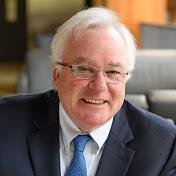
Dean and Truist Endowed Chair in Data Analytics, UK Gatton College of Business and Economics
According to Google Scholar, Sheather’s published work has been cited more than 15,000 times. Dean Sheather also has extensive experience working with industry and government developing practical predictive models for big data.
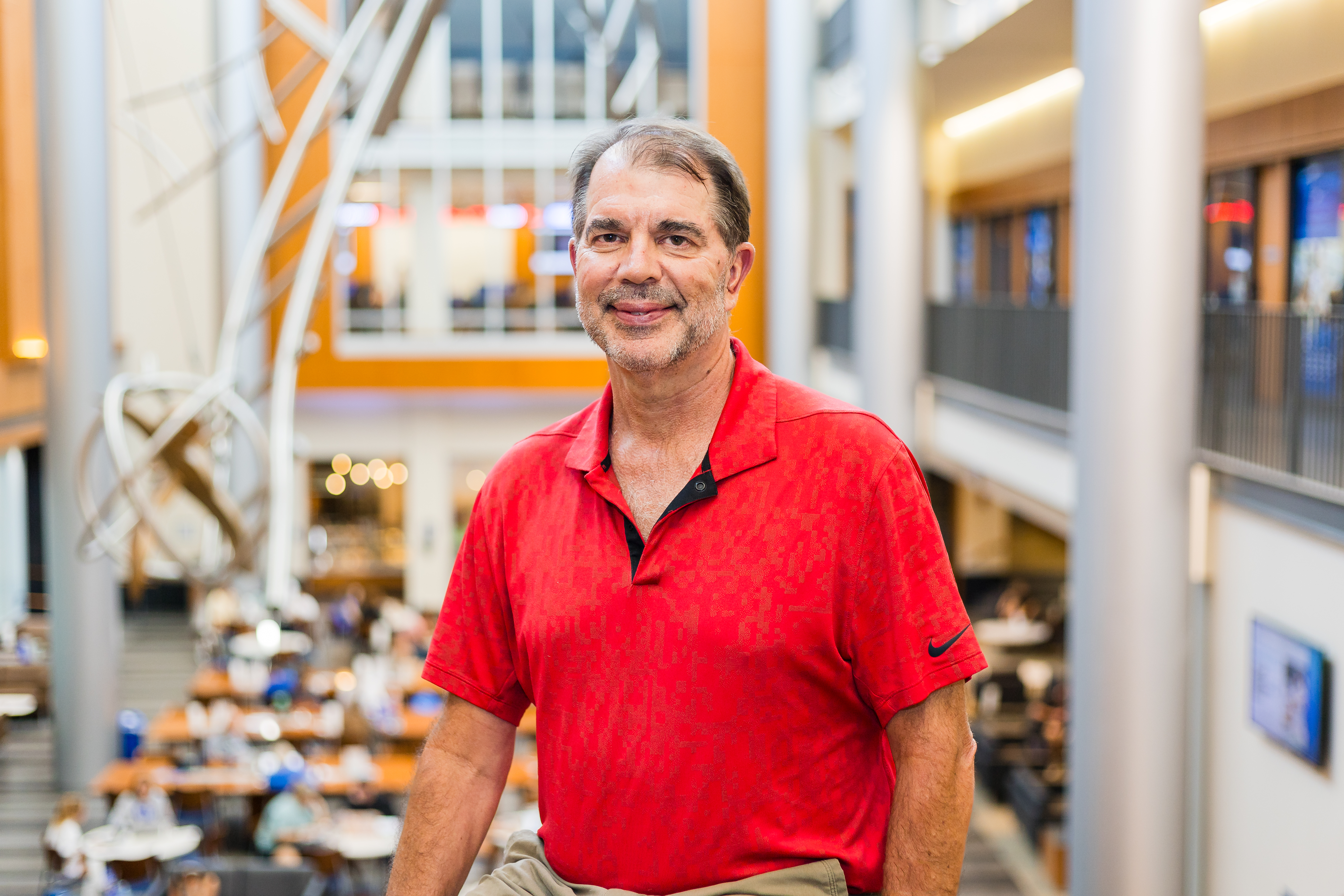
Richard W. and Janice H Furst Endowed Chair of Economics
Our research uses A. C. Nielsen scanner data from 2005-2020 to study changes in the distribution of bourbon and scotch prices over time. To start with, we focus on comparing changes in the median price, with changes in prices of lower end whiskies and changes in the price of premium bourbon and scotch (the 75th and 90th percentiles in the price distribution). We also examine the premium associated with selling older bourbon and scotch, nine years old and older, compared to younger whiskies and whiskies with no age statement. Finally, we examine how prices vary across regions, examining the impact of taxes and the wealth of an area on prices. Preliminary results show that the price of bourbon and scotch changed in different ways over time. For example, after adjusting for inflation the median price of bourbon changes very little over this period, while the price of a premium bottle of bourbon increased almost 25%. In contrast, in the scotch market the median price of a bottle went up by 45% while the price of a premium bottle went up over 50% while the price of the least expensive scotch fell slightly. In both markets the difference in price between the lower end and premium products rose, but the increase was substantially greater in the scotch market. We will explore possible reasons for the difference in these markets.
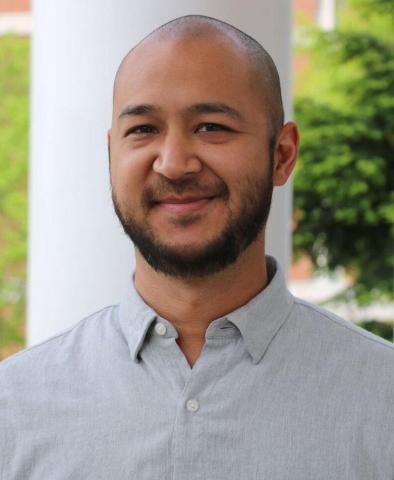
Associate Professor of Public Policy and Economics
My research generally relates to the effects of public policy, public program evaluation, and impact analyses. I am interested in the public policy context of the spirits industry and its effect on welfare, the workforce, and the economy.
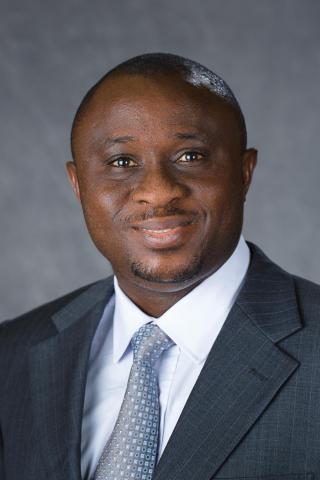
Associate Professor, Biosystems and Agricultural Engineering
I work on converting distilling spent grain (DSG) to value added products - source of high fiber in extruded products and for its protein for nanomaterials in food system surfaces modification.
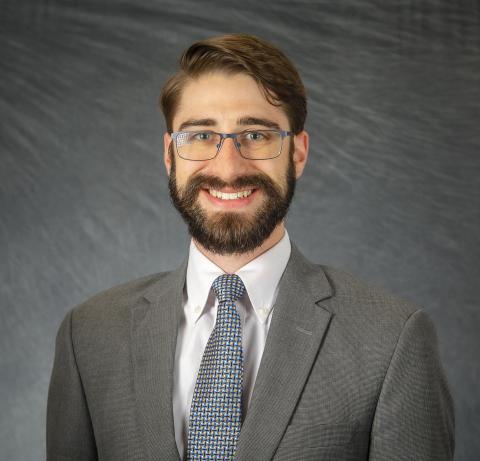
Assistant Professor, Biosystems and Agricultural Engineering
Tyler Barzee's research focuses on bioprocess engineering, fermentation, technoeconomic analysis (TEA), and lifecycle assessment (LCA). He is interested in the bioconversion and upgrading of Bourbon Distillers Spent Grains (stillage) to renewable energy, food ingredients, sustainable materials, and other high-value products. He also searches for cost-effective ways to increase the sustainability and circularity of fermentations and other distillery unit operations.
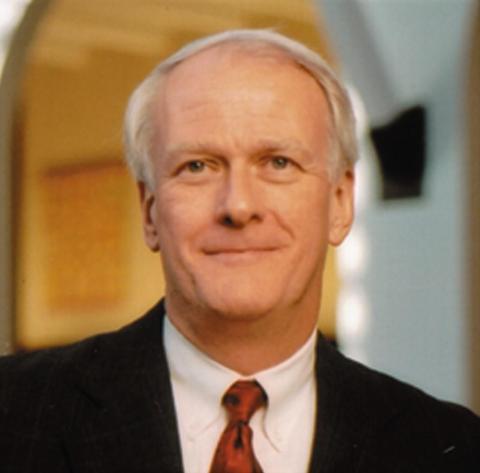
Professor, Biosystems and Agricultural Engineering
I am interested in the energy used in the production and storage of distilled spirits and byproducts.
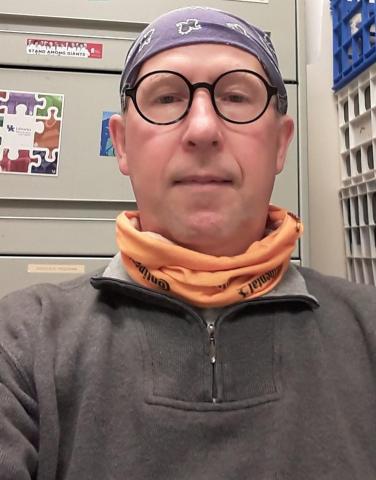
Professor of Soil Microbiology, Plant and Soil Sciences
The influence of land applied stillage residues on soil health and function. Waste water treatment in distillery processing.
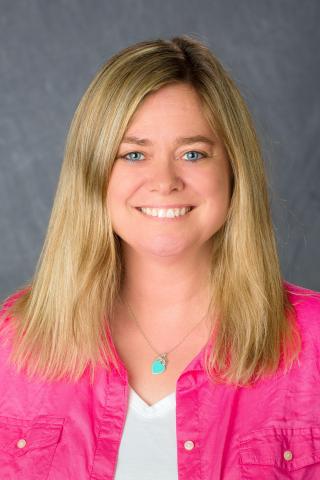
Professor, Biosystems and Ag Engineering
Czarena Crofcheck's research area focuses on bioprocessing, downstream processing, and development of value-added products. Specifically, working on various pretreatment and fermentation of ethanol projects. Outside of her career she has been touring and studying breweries, distilleries, and wineries for over 20 years. Within DWBS, she teaches AEN 341 Brewing Science and Technology. This class includes topics including beer history, beer production, beer marketing, and beer appreciation.
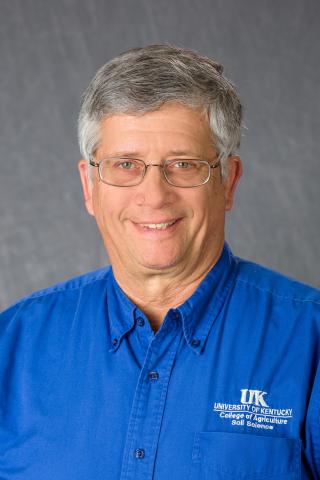
Professor, Plant and Soil Sciences
Agronomic soil science specializing in grain crop production, including grain composition subsequent to soil amendments intended to increase grain yield and quality.

Chair, Department of Retailing & Tourism Management
As a department chair, I have sought to build a relationship with the distilleries and wineries in Kentucky. I have student that I work with who have or is now working on independent studies in this area. We try to promote opportunities for internships and employment in distilled spirits. We have been successful and now we have a class that is related to distilled spirits. We also have an advisor board that has persons from this industry as members.
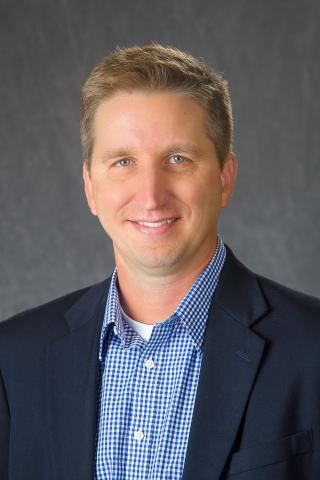
Director, Grain and Forage Center of Excellence, Department of Plant and Soil Sciences
We research the grains that make bourbon in a manner that improves productivity, protects the soils and keeps the water clean. Corn and wheat are widely grown in Kentucky and we help to improve those grain qualities needed for bourbon. We are trying to make rye a viable crop in Kentucky, again, and working with farmers, distilleries and many others on this project.
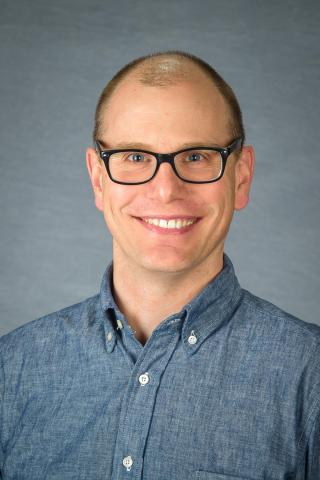
Associate Professor of Silviculture, Forestry and Natural Resources
Dr. Lhotka is broadly interested in the ecology and management of oak-dominated forests, and his research efforts address three emphasis areas including regeneration practices, modeling forest structure, growth, and mortality in a silvicultural context, and development of gap-based silvicultural systems. His research program is geared to formulating improved forestry practice, and he engages with industry, practitioners, and landowners who employ these techniques including those that provide timber for cooperages and focus on maintaining the availability of high-quality stave logs. Dr. Lhotka’s research includes both the optimization of trees within mature white oak stands and the effective regeneration of the population after harvesting. Using forestry practices such as thinning and release, which entails removing undesirable trees from oak stands, he is able to study how changes in forestry practices can affect tree value traits such as the rate of growth – a key characteristic valued by cooperages. Dr. Lhotka is also working to ensure the establishment of seedlings and saplings before mature oak stands are harvested. This research consideration across the oak stand life-cycle in the context of management is key to development of silvicultural practices which can sustain our region’s oak-dominated forests.
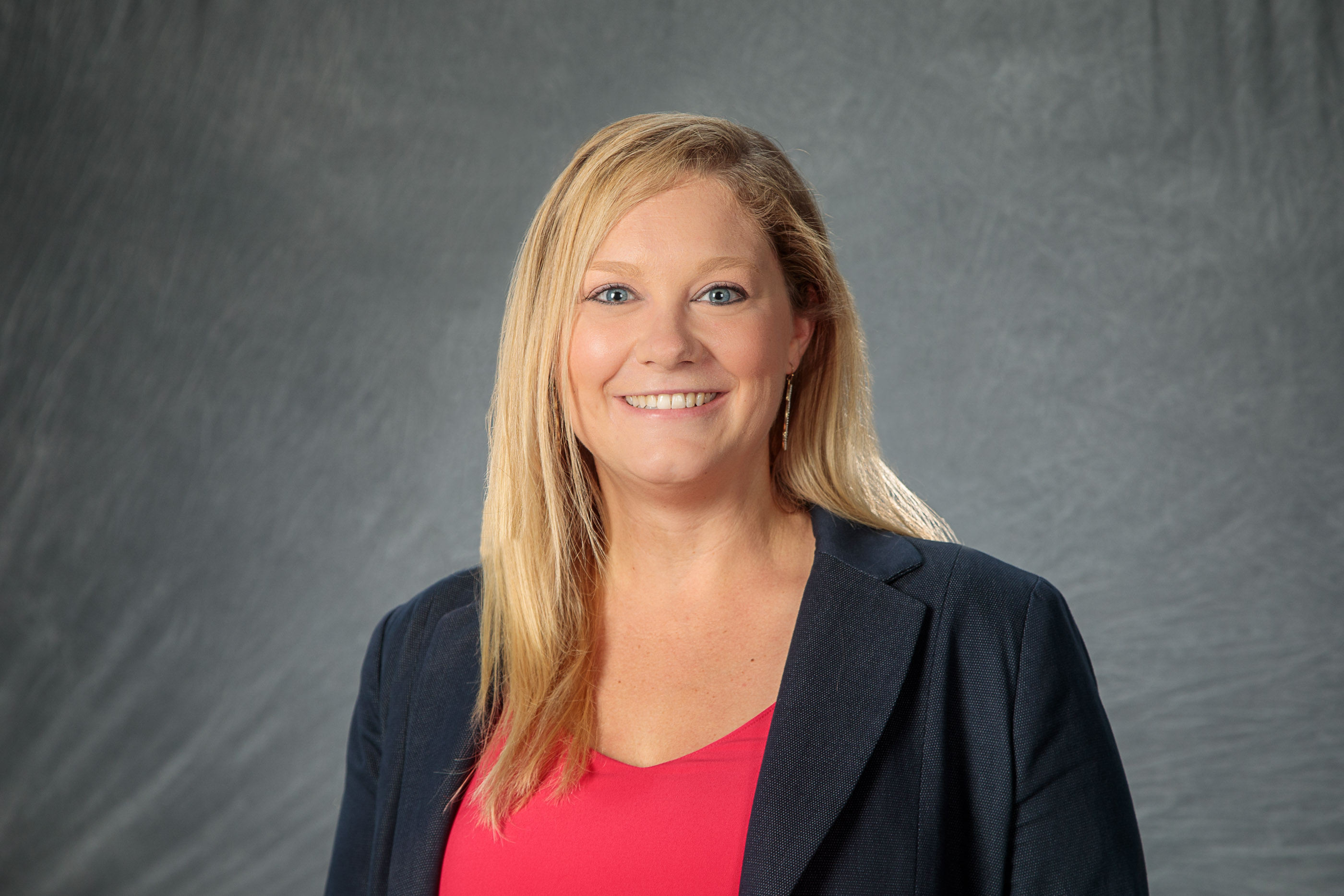
Associate Professor of Biosystems and Agriculture Engineering
Tiffany Messer's research focuses on monitoring water quality and developing ecological engineered treatment designs for non-point source pollution and wastewater. She has assisted distilleries with cost-efficient nature based solutions for wastewater treatment water quality impairments and is interested in developing ecological engineered solutions for water quality and environmental challenges.

Lecturer, Department of Retailing and Tourism Management
Scott Meuret is teaching HMT 420- Beer, Wine and Spirits Tourism at the University of Kentucky.
Scott Meuret's 25 year career in the hospitality industry, includes work in restaurants, resorts and hotels. He learned the hospitality industry from the ground up working in management for organizations such as Holiday Inn, Sheraton, and Hilton.
Mr. Meurets work education includes teaching and administration and the secondary and post-secondary level. He has been involved with career and technical education for more than 20 years.
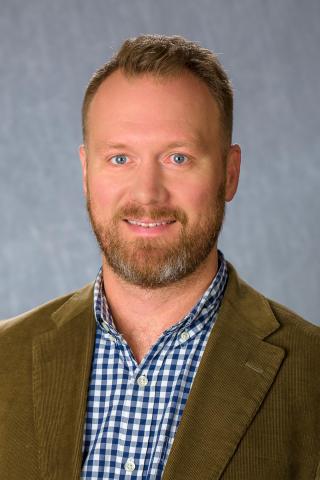
Associate Professor, Plant and Soil Sciences
My group conducts research in environmental microbiology. We use the tools of genetics, genomics, and biochemistry to study how microbes impact and are impacted by their environments. Current research efforts related to production of distilled spirits include work on the microbial ecology of fermentation, as well as work exploring the microbiome of grains used in production of distilled spirits.
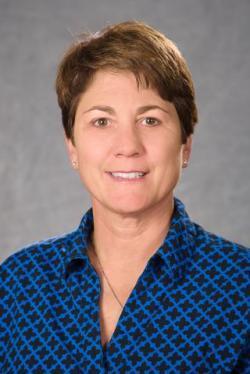
Director of the Food Systems Innovation Center & Director of Undergraduate Studies for Food Science
Department of Animal & Food Sciences
The Food Systems Innovation Center (FSIC) assists entrepreneurs in developing food/feed/beverage businesses by facilitating the profitable production, processing, and marketing of products. Services include process reviews, shelf-life studies, nutritional labeling, sensory evaluations, and training to help every producer, from small start-up processors to long-standing companies. The FSIC has become one of Kentucky's core service centers for food/feed/beverage entrepreneurs. It houses a wide range of educational programming (including HACCP, BPCS, FSPCA Preventative Controls for Food, GMP, to name a few) and undergraduate student research projects and internships. The Food Biosciences program prepares students to lead the ever-expanding global food and beverage industry. Food bioscientists play a vital role in ensuring our world's food supply is safe, healthy, plentiful, and sustainable. Students majoring in Food Biosciences can pursue specific interests by selecting one of three study options:1) The Distillation, Fermentation, and Beverage Sciences option is a multidisciplinary program for students interested in the innovation and development of beverage alcohol and fermented foods. 2) The Business of Food option is designed to emphasize business management, entrepreneurship, marketing, and finance of food businesses. 3) The Research and Development option is a rigorous study program for students interested in pursuing career research or an advanced degree.
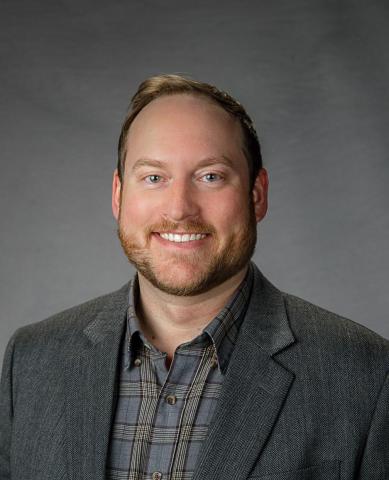
Assistant Professor of Hardwood Silviculture and Forest Operations Extension, Forestry and Natural Resources
Dr. Muller has over 15 years of forestry and research experience focused on sustainable forest management. He specialized in adaptive silviculture aimed at climate change and forest carbon considerations (sequestration and storage). He is the principal investigator for a new project aligned with the White Oak Initiative to train foresters and woodland owners on oak-focused forest management. Dr. Muller’s research focuses on long-term forest dynamics and testing the efficacy of classical and novel forest management approaches. His extension and teaching interests focus on the development of continuing education programs for woodland owners and natural resource professionals. This work includes the development of educational tools to better inform landowners and managers of current and future management challenges while promoting sustainable forestry practices.
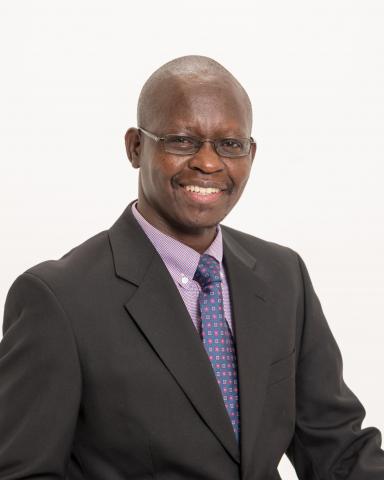
Assistant Professor of Forest Economics and Policy, Forestry and Natural Resources
Dr. Ochuodho has over 20 years of work experience in integrated natural resource management in forestry and allied natural resource spheres, land use, environmental management, sustainable development, rural community livelihood systems, and international trade. Overall, His research interests focus on application of economic modeling tools in natural resource management and policy analysis. At University of Kentucky, he is currently conducting research on sustainability and economics of white oak (Quercus alba) timber supply in Kentucky, which evaluates both short-term and long-term economy-wide implications of projected white oak timber supply. This study will provide insights and rationale to aid white oak dependent industries and assist in developing strategies for proactive forest management approaches to stabilize the white oak timber resource supply in Kentucky and beyond. Dr. Ochuodho is also undertaking comprehensive assessments that would enhance understanding of economic contributions and impacts associated with activities (demand/supply trends) of the sector in Kentucky and the broader southeast U.S. in order to attract attention and engage policy makers in discussions on the need for measures to sustain the sector’s economic relevance to the region. For more information please check out the IBEAM Lab.
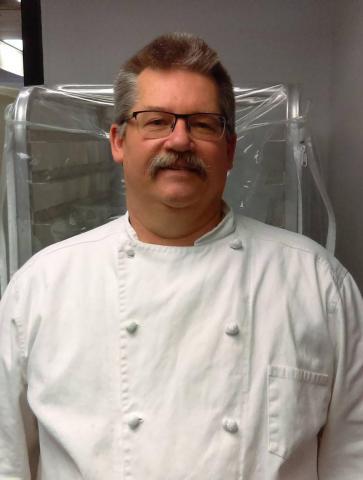
Agriculture Project Manager/Chef in Residence, Dietetics and Human Nutrition
My interest in spirits is broad from the ecological, economical and agronomic properties for KY grain farms, to the flavors obtained by various grain bills and processes and how spirits work in creating and pairing with foods. As a co-founder of the International Society of Neurogastronomy I am interested in the flavors of everything we consume.
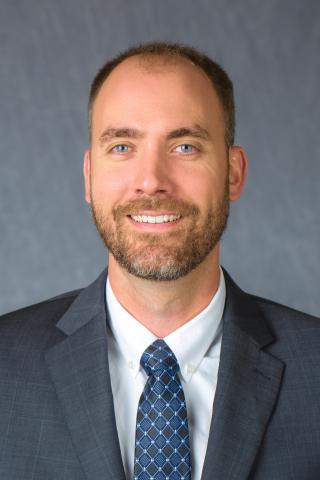
Associate Professor, Biosystems and Agricultural Engineering / Electrical and Computer Engineering
My primary research interests in distilled spirits is using distributed sensing to monitor and model of barrel warehouses during aging. I also have broad interests in sensing and controls for automation in production environments.

Associate Professor, Biosystems Engineering
Dr. Shi is an Associate Professor in the Department of Biosystems and Agricultural Engineering at University of Kentucky. He joined the faculty of University of Kentucky in 2015 after worked at national lab as a postdoc and a short stay with a biotech company. He teaches “Heat and Mass Transfer in Biosystems” and “Biofuels and Bioproducts”. As a biosystems engineer, he is specifically interested in 1) upgrading of spent grain to volatile fatty acid and new solvent systems for compound extraction from fermentation broth; 2) molecular dynamics-guided enzyme engineering for biocatalysis; 3) pyrolysis-GC-MS-FID-FPD analysis to understand the charring chemistry and flavoring.
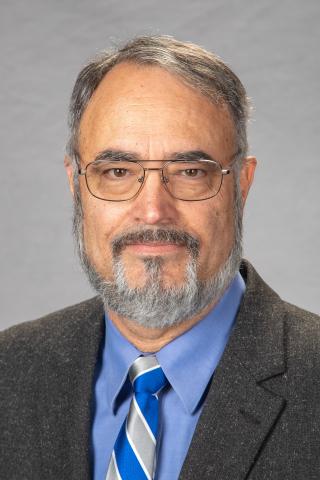
Professor and Chair, Forestry and Natural Resources
Dr. Stringer's research has focused on white oak (Quercus alba) growth, regeneration, and high quality timber production and utilization. He is a leader in white oak sustainability and his extension enterprise includes science delivery and technology transfer to industry, practitioners, and landowners on practices to enhance white oak and the forests they dominate. Dr. Stringer is co-founder of the White Oak Initiative and is director of the Center for Forest and Wood Certification that aids industries and forest owners in developing certified wood supply chains throughout the white oak region. Specific research focus includes intermediate silviculture practices to aid in grade white oak timber development; scarification, mid-story removal and site preparation practices to enhance white oak seedling establishment and development; and two-age deferment harvests as a life boat strategy to sustain white oak in stands subject to commercial harvests. As chair of the Department of Forestry and Natural Resources he is improving research capacity at UK's Wood Utilization Center and Robinson Forest to directly address white oak stave production and drying and is providing support for analysis and prediction of white oak growing stock availability and economic impacts. Along with his white oak specific work he has provided research solutions and is a leader in sustainable forest management and timber harvesting best management practices.
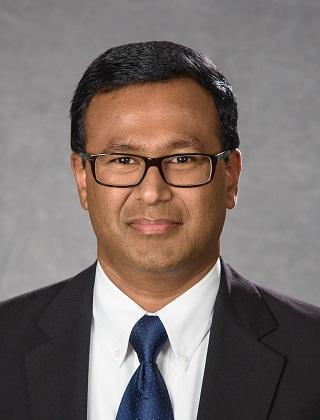
Professor, Animal and Food Sciences
While I don’t have any direct experience in distilled spirits, I teach the course FSC 430 (Sensory Evaluation of Foods), which is an elective in the DWBS Certificate. FSC 430 deals with the sensory evaluation methods used for food products based on flavor, odor, color, and texture. This includes techniques for measuring sensory attributes, instrumental analysis of foods, statistical analyses of data, and how sensory evaluation programs are utilized in the food industry. Additionally, I do research on sensory evaluation of meats, and the strategies used can be readily applied to distilled spirits as well.

Professor, Plant Pathology
I study fungal diseases of corn, including of the corn ear. These fungal diseases cause major yield losses and mycotoxin contamination in Kentucky and throughout the corn belt.
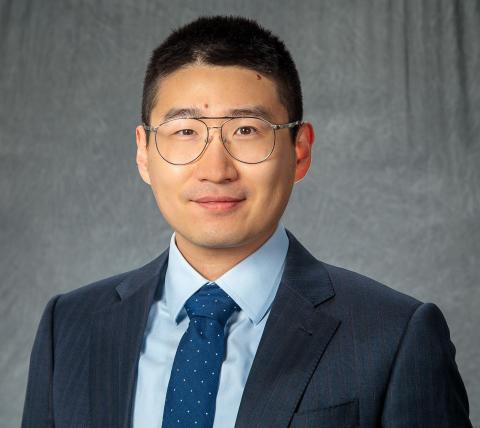
Assistant Professor, Agricultural Economics
My research in consumer economics provides two major benefits to the stakeholders of the distilled spirit industry. One is in the field of consumer behavior, I conduct experiment- and survey-based studies to 1) explore consumer valuation of product attributes (e.g., labeling, package size, sensory characteristics), 2) effective information provision to promote and market new spirit products, and 3) evaluate potential information nudge that increases the profitability of distilleries and local retailers. The other angle is marketing, I would be able to adopt revealed market demand data (Nielsen scanner data under academic contract) to evaluate market demand for different categories of spirits and assess the dynamics of inter-relations between different brands and products. Overall, my skillset in consumer economics would provide insights to assist various decision-makings under firm, retailer, and restaurant settings.
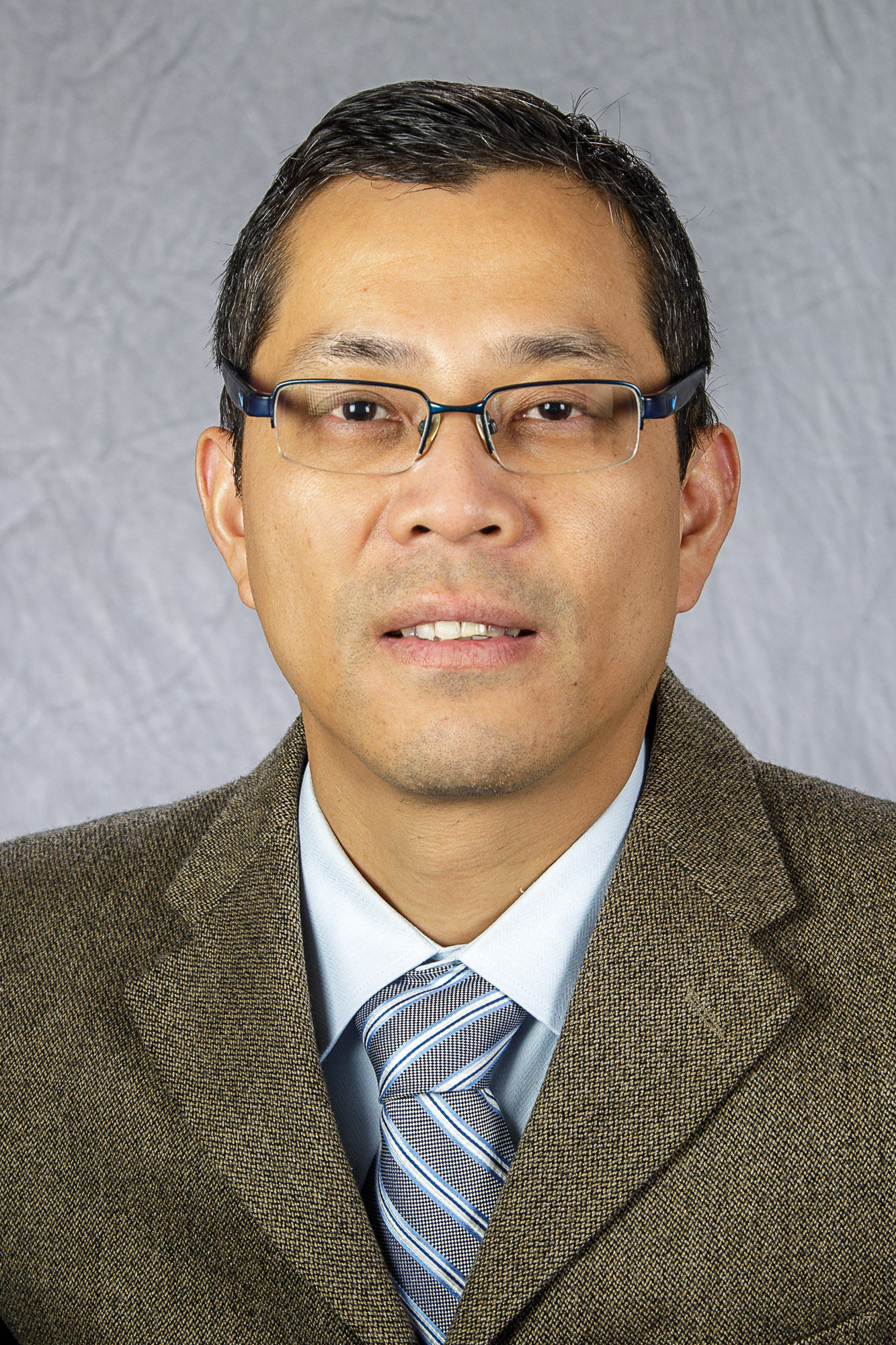
H. B. Price Associate Professor, Agricultural Economics
Dr. Zheng's research interests include food and beverage marketing, labeling, and certification. As an applied econometrician, he specialized in empirical studies that apply regressions and machine learning techniques to big data. His related research activities include 1) examining bourbon demand using scanner data, 2) estimating demand systems for U.S. non-alcoholic beverages and beers, 3) examining how advertising affected beverage demand.
Seed Biology Group
Seeds comprise 70% of humanity’s food and are the foundation on which society rests. We are the University of Kentucky Seed Biology Group. This assemblage of faculty with a research interest focused specifically on aspects of seed biology is the largest of its kind in the USA. The members of our group are honored to join the Beam Institute which is focused on the efficient and flavorful conversion of sugars, predominately from seeds, into alcohol. The UK-SBG knows a lot about one of the raw ingredients used in the distilling process. We hope our expertise will be useful to further the endeavors of the distillation industry.
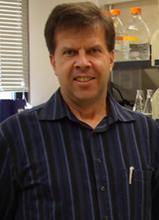
Professor, Horticulture
My lab is part of the UK Seed Biology Group. My research focuses on how carbohydrates interact with intrinsically disordered proteins to allow orthodox seeds to desiccate while still maintaining cellular constituents in a functional state (anhydrobiosis). Hence, we are quite well versed in soluble carbohydrate analysis including polyols, reducing, and non-reducing sugars. We use maize (Zea mays) and Arabidopsis (Arabidopsis thaliana) as study organisms because both produce orthodox seeds (capable of maturation desiccation) and both have mutants available in genes encoding enzymes involved in the metabolism of carbohydrates. Maize seeds are one of the raw materials used by the Bourbon industry to make its product. Degradation of carbohydrate polymers in the seeds is the starting point that provides the fermenting yeast the mono-saccharides necessary for alcohol production. Our expertise in this process dovetails well with the endeavors of the Institute. For more information check out the LEAPin Overview and the Seed Sleuths.

Assistant Professor, Plant and Soil Sciences
My lab is part of the UK Seed Biology Group. My research focuses on the molecular and cellular mechanism of endosperm development and seed size control. The endosperm of grains is the major source for alcohol production in spirits. Understanding how plants control endosperm formation can facilitate manipulations of starchy endosperm chemistry and size for spirit taste variations and better production. For more information please check out the Kawashima Lab website.

My lab is part of the UK Seed Biology group. Seeds are essential, including for distilling sciences. My lab focuses on the development of the plant embryo within the seed, and approaches understanding mechanisms involved using molecular biology and genetics. We are also interested in understanding a process called somatic embryogenesis, whereby somatic cells can change developmental programs to form embryos. This is an important means of plant regeneration. Plant regeneration is necessary for genetic engineering for basic and applied work.
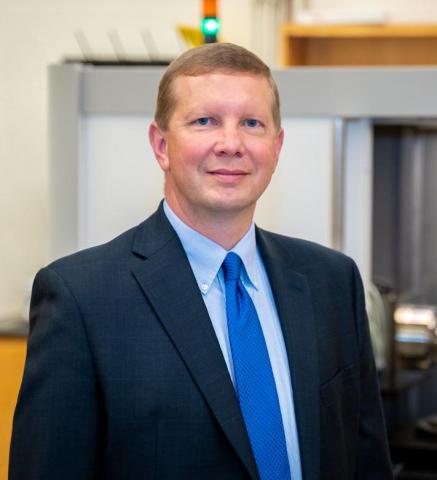
Associate Dean for Research and Graduate Studies
Professor of Materials Engineering, Department of Chemical and Materials Engineering
My research focuses on the structure-property relationships in materials, with respect to their performance in certain application areas. Metals and alloys are the primary materials studied in my group, which has a longstanding emphasis on dealloying phenomena. This is a specific type of corrosion, where alloys can lose some of their constituent elements due to selective leaching into a liquid environment. This leads to changes in the structure and properties of the material, and can also contaminate the liquid in which an alloy is immersed. Another significant activity of mine is serving as director of the Electron Microscopy Center (EMC) at UK. The EMC is home to a broad range of state-of-the-art instruments for characterizing materials. This enables advanced imaging techniques, structure determination experiments, measurement of sample composition, and nanoscale surface analysis.
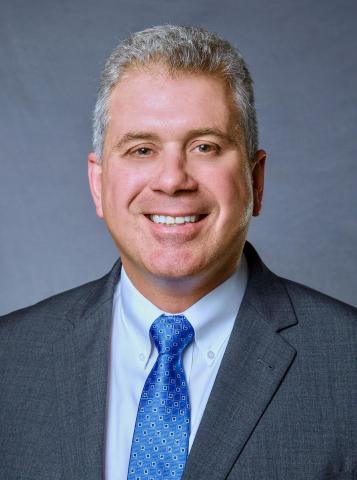
Dr. Rebecca Burchett Liebert Dean of Engineering
Chemical and Materials Engineering
Corrosion, corrosion control, and corrosion prediction of engineering materials used in equipment, systems and infrastructure supporting distillation, fermentation, maturation, bottling and packaging. Failure analysis related to aging systems, liquid and atmospheric corrosion, and environment assisted cracking.
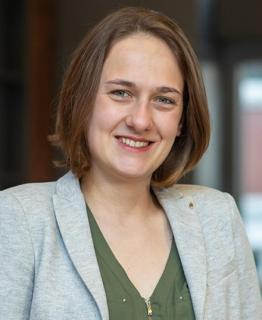
Assistant Professor, Chemical and Materials Engineering
My research focuses on the structure-property relationships in polymeric materials. I am interesting in designing new polymers with improved sustainability considering cradle-to-grave manufacturing. I also aim to engineer new functionality into polymeric materials such as anti-microbial, anti-fungal properties.
In the distilled spirits area, we are working to transform spent grains into new plastics.
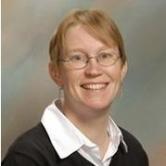
Senior Lecturer, Electrical And Computer Engineering
I am the lead instructor for the Senior Capstone Design Course in Electrical and Computer Engineering. I am interested in connecting undergraduate engineering students and bourbon industry professionals through capstone design projects. One of our Fall2020-Spring2021 teams is working with Bardstown Bourbon Company to develop a controls system for their new bottling facility.
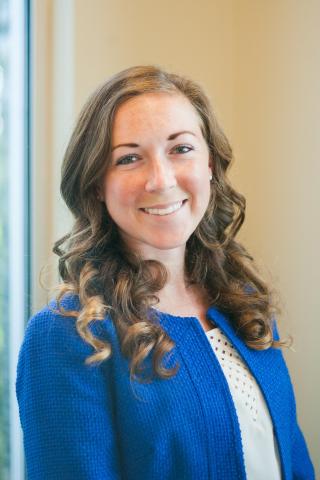
Lecturer, Chemical and Materials Engineering
I am from Kentucky, so I learned at an early age the importance of the bourbon industry to the state and always found the history of bourbon production interesting. I have co-taught EGR 380 Bourbon Production Engineering and I am particularly interested in researching and developing process improvements to increase production and reduce operating costs.
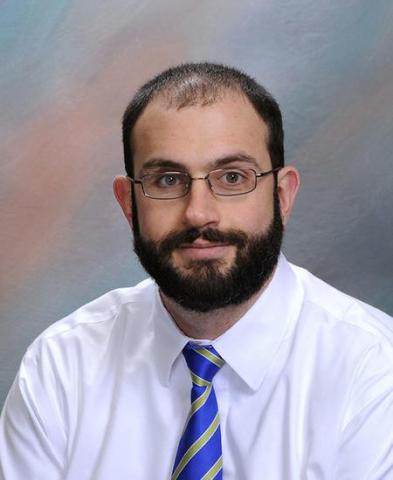
Senior Lecturer, Mechanical Engineering
I am one of the instructors for the Capstone Senior Design courses in the Mechanical Engineering Department. We are always looking for good design projects that require solving a real-world problem and would like to have more projects from the bourbon industry. As assistant director of the UK Industrial Assessment Center (KIAC), I am also interested in helping the bourbon industry save energy and improve each facility's bottom line. The KIAC offers free one-day energy assessments to facilities in Kentucky, funded by the Department of Energy.
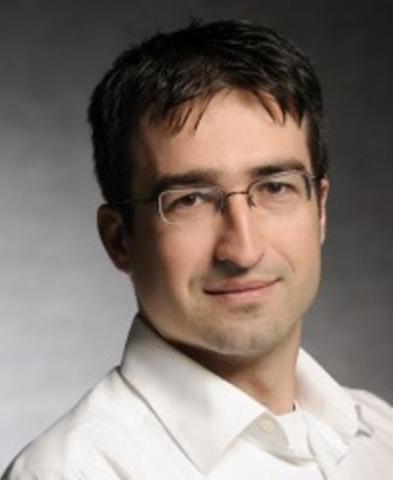
Professor, Mechanical Engineering
Bourbon barrel toasting and charring - Bourbon maturation and aging - Bourbon diffusion in wood
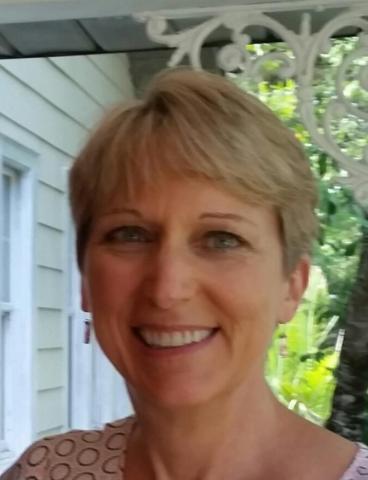
Professor and Associate Dean for Faculty Affairs and Facilities, Biosystems and Agricultural Engineering
I have worked in fermentation research for 25 years. I've worked both with submerged (liquid) fermentation and solid-substrate cultivation. Typically my research has focused on converting lignocellulosic biomass to ethanol or butanol, but I have also worked with producing industrial enzymes and related products. My focus is on process development and mathematical modeling of the processes.
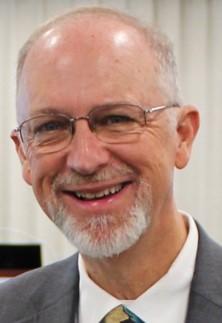
Director, Kentucky Water Resources Research Institute
The KWRRI has developed water sustainability reports for several of the Jim Beam distilleries as well as one for Maker's Mark. We have also developed watershed management plans for several of the watersheds in which their distilleries are located. We are currently working with several distilleries in the Glenns Creek watershed near Versailles.
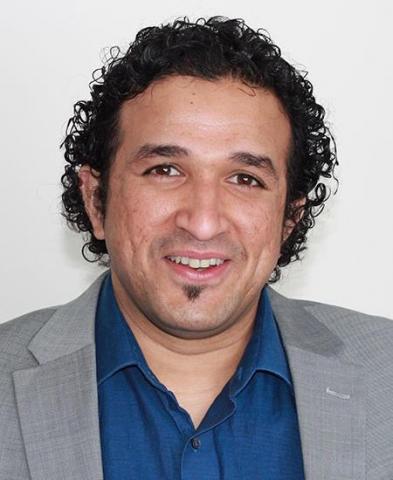
Assistant Professor, Mechanical Engineering
My research looks at chemical reactions specifically focusing on pyrolysis and decomposition of hydrocarbon products. With the distilled spirits area, my research would focus on charring and toasting of barrels.
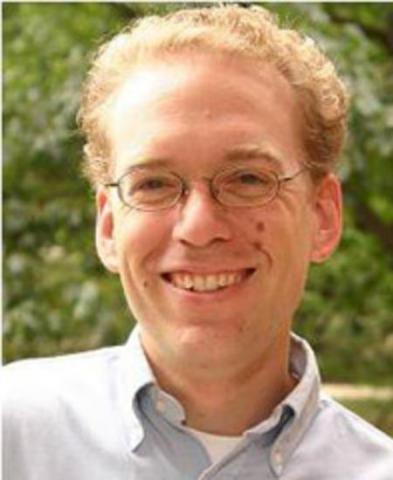
Professor, Chemical and Materials Engineering
I have research interests in developing new porous materials for adsorption, catalysis, and controlled release. Through collaborations with faculty in Biosystems and Agricultural Engineering at UK, I have developed an interest in applying these materials to products developed from lignocellulosic biomass. The distilled spirits industry is where much of these concepts have been applied for hundreds of years. Currently, I am developing collaborations aimed at isolating and purifying valuable co-products from waste streams generated by distilleries and related processes, such as aqueous waste streams and spent grains. I have also worked towards developing collaborations addressing how to more effectively utilize lignin to produce therapeutics and modified materials for biomedical applications, in addition to generating fermentation products from the saccharides present in grains and other biomass.
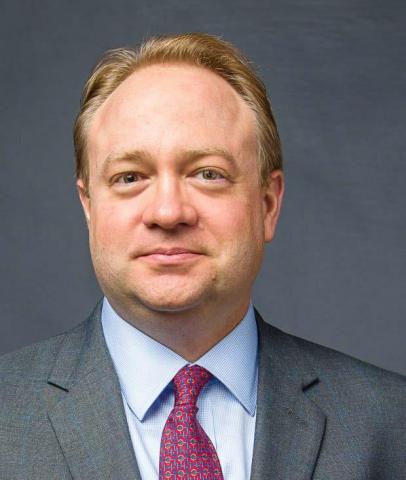
Associate Professor, Mining Engineering
I have been conducting research improving the environment in and around the bourbon warehouses.
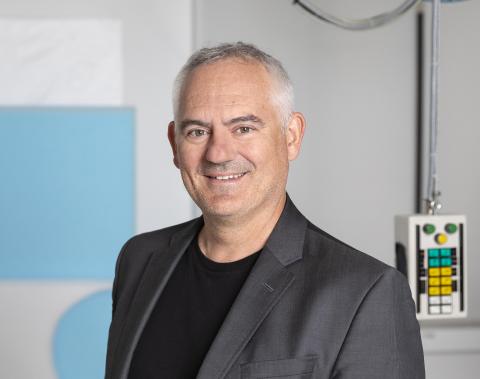
Non-invasive inspection of every aspect of the production process (especially barrels) shows promise for guiding the aging process and inferring structural and even flavor profile information. We're working on ways to capture useful data using imaging systems. I'm also interested in the heritage science questions around the bourbon industry: artifacts, history, textual evidence of historical developments, and even barrel signatures and barrel tracking through scientific measurements like spectral images and materials characterization.
Centre College

Nelson D. and Mary McDowell Rodes Associate Professor of Religion
I teach an interdisciplinary course regularly on food, heritage and identity. A unit of this course features bourbon: its history, how bourbon created identity in Kentucky, and how religion affected its development in the commonwealth. I have collaborated with Pat Heist of Wilderness Trail, Dixon Dedman of 2XO, and Adam Johnson of the KDA in speaking to students on opportunities in the industry. Currently, I am working on a manuscript project that focuses on foodways and Bourbonways in Kentucky and its impact on religious identity; particularly Protestantism, Catholicism and Judaism in the twentieth century and today. I would be interested in using the resources and connections available at the Beam Institute for my research on this topic. And, more importantly, want to connect Centre students to opportunities via the Beam Institute and the beverage industry in Kentucky.
Georgia State University

Assistant Professor, Andrew Young School of Policy Studies, Economics Department
I am an applied microeconomist whose research seeks to quantify benefits and costs caused by technological innovations and policy-driven interventions. Prior to joining Georgia State University, I worked at the University of Louisville, where I developed a strong curiosity toward and appreciation of the bourbon industry. As a fellow of the Beam Institute, I am interested in studying the effects of taxation on the bourbon industry and its consumers, the economic benefits generated by the industry, and how the dramatic growth in demand for bourbon in recent years has shaped the market.
Iowa State University
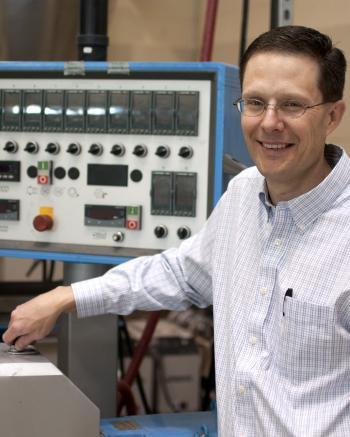
Associate Professor, Agricultural and Biosystems Engineering / Executive Director, Distillers Grains Technology Council
Dr. Kurt Rosentrater is the Executive Director of the Distillers Grains Technology Council. This organization began in 1945, and focuses on education and outreach on best practices for gaining value from spent grains from fermentation, including beverage and biofuel processing. He is also an Associate Professor in the Departments of Agricultural and Biosystems Engineering, and Food Science and Human Nutrition at Iowa State University, and a visiting professor at Polytech Montpellier and ISARA Lyon in France. For over two decades he has been working to improve the sustainability of beverage, biofuel, grain, feed, food, and agricultural-based systems. He has been developing sustainable, economical co-products and value-added products, such as enhanced feeds, foods, biofuels, bioplastics, biocomposites, industrial intermediates, and ingredients. A key component to these efforts is life cycle assessment and techno-economic analysis in order to understand and improve environmental impacts as well as reduce costs.
Miami of Ohio
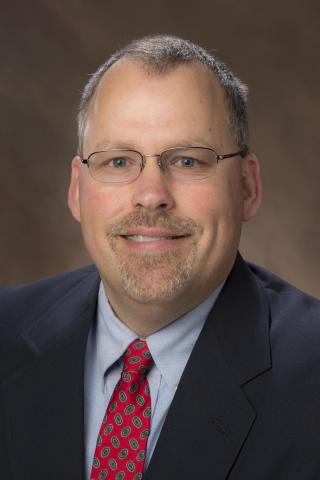
Associate Provost and Dean of the Graduate School; Interim Vice-President of Research and Innovation; Professor of Chemistry and Biochemistry, Miami University, Oxford, Ohio
I have taught a class, entitled "Principles of Fermentation" to chemistry/biochemistry, engineering, microbiology students for several years. For 5 years, we did a winter term workshop at Moonshine University, and 10 of our former students are either employed (or were employed) in the distilled spirits industry. Two years ago, we started doing analytical chemistry research on bourbons, and we published our first paper in Food Analytical Methods in 2020 (https://doi.org/10.1007/s12161-020-01850-z), in which we used FT-ICR mass spectrometry to analyze several bourbon samples. We are finishing up a new study now in which we analyzed over 130 bourbons with 1H NMR spectroscopy. We could detect millimolar concentrations of 19 congeners, and we are working with data analytics people to evaluate whether we can authenticate bourbons with the NMR data. We will submit this work for publication in early 2022. We are currently conducting GC-MS and GC-FID studies on different bourbon samples. On a more personal level, I am a certified Executive Bourbon steward (Stave and Thief Society) and have lead many bourbon tastings. Also, I have my own Facebook page called "All about Bourbon".
Rowan University
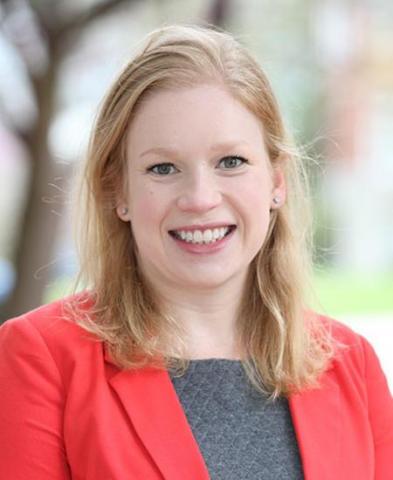
Associate Professor, Department of Experiential Engineering Education
For the past few years, I have taught the Bourbon Production Engineering course for both chemical engineers and non-chemical engineers. Through these courses, I have interacted with a variety of experts from the bourbon industry through guest speaking opportunities. Additionally, I have worked with Brad Berron to advise seven undergraduate engineering students on a variety of bourbon related research projects. We have worked to establish a pathway for ethyl carbamate production and retention in bourbon spirits. This project has been in collaboration with Castle and Key. I am interested in research on bourbon processing and production. I am also interested in learning how we can better serve the industry through enhancing our current student training and expanding to training of bourbon industry professionals.
University of Louisville
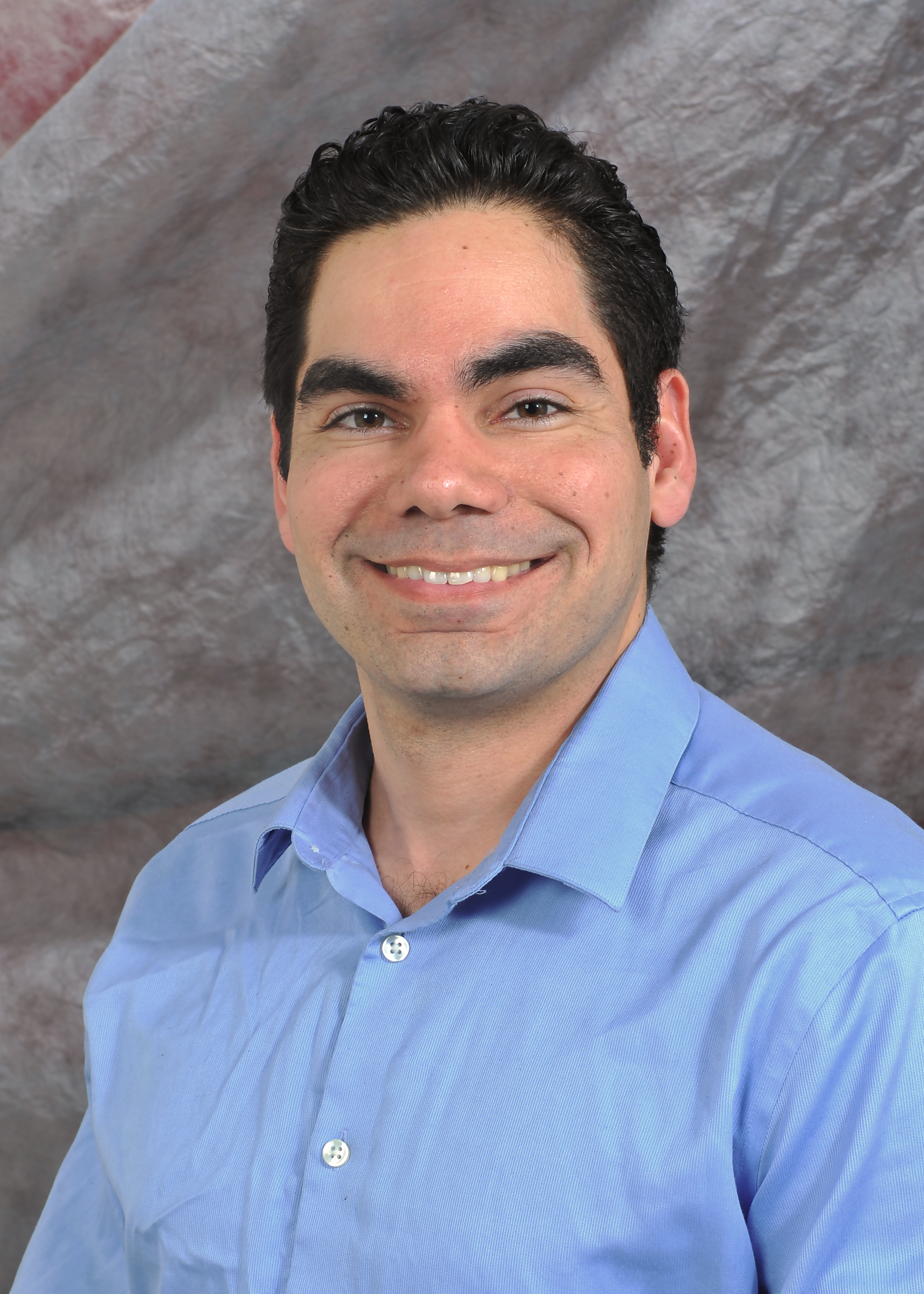
Jose Fernandez
Associate Professor and Chair of the Economics Department, University of Louisville
I am a health economist interested in the role of public policy on access to health care and risky behavior. I have study the effects of alcohol bans in Kentucky. I have authored a paper called "Breaking Bad in Bourbon Country: Does Alcohol Prohibition Encourage Methamphetamine Production?" published in the Southern Economics Journal. https://onlinelibrary-wiley-com.echo.louisville.edu/doi/full/10.1002/soej.12262
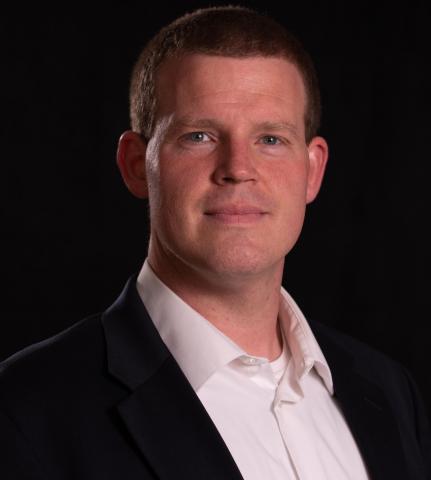
Associate Professor, Department of Mechanical Engineering, University of Louisville
Dr. Williams’ Integrated Microfluidic Systems Laboratory focuses on the design, fabrication, and testing of microfluidic devices. Their group uses microscopic flow visualization techniques and various spectroscopic methods for analysis. For example, they use dynamic light scattering and other optical techniques to measure the size and stability of suspended particles. Dr. Williams also has an extensive background in electrokinetics, where electric fields can manipulate micro- and nanoparticles and impedance spectroscopy enables real-time non-destructive analysis of samples. Recently, their group studied droplet evaporation hydrodynamics and interfacial mechanisms on evaporated drops of bourbon, discovering a phenomenon they have phrased “whiskey webs” (ACS Nano article). They have used whiskey web science to communicate science, art, and whiskey to a broader audience including visiting science museums, art galleries, and charity events. Their current efforts are investigating how microfluidic analytical techniques can be best utilized by the spirits industry.
Authors
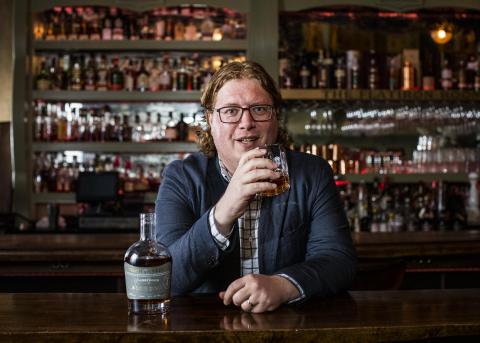
Noah Rothbaum is the Head of Cocktails & Spirits for Flaviar helping to run the premium spirits membership club’s education, innovation and partnership initiatives. He is also the editor-in-chief of the Flaviar Times and hosts the podcast Fix Me a Drink with legendary drinks historian David Wondrich.
Previously, he was the editor of The Daily Beast’s Half Full section. Under his leadership, the site won the 2018 and the 2020 Tales of the Cocktail Spirited Award for Best Cocktail & Spirits Publication. He also was co-host of the podcast Life Behind Bars, which won the 2018 and the 2021 Tales of the Cocktail Spirited Award for Best Podcast Series.
In addition, Rothbaum is the author of The Art of American Whiskey: A Visual History of the Nation’s Most Storied Spirit, through 100 Iconic Labels and the forthcoming Whiskey Bible. He is the associate editor of the Oxford Companion to Spirits & Cocktails, which the Washington Post called “the drinking buddy you’ve been waiting for.” It won the American Library Association’s prestigious Dartmouth Medal for the best reference book of 2021. His first book, The Business of Spirits: How Savvy Marketers, Innovative Distillers, and Entrepreneurs Changed How We Drink, was published in 2007.
Rothbaum was the founding editor-in-chief of Liquor.com, where under his leadership the site won 2012 Tales of the Cocktail Spirited Award for Best Cocktail Writing and he won a 2013 James Beard Award for producing its “How to Cocktail” video series.
